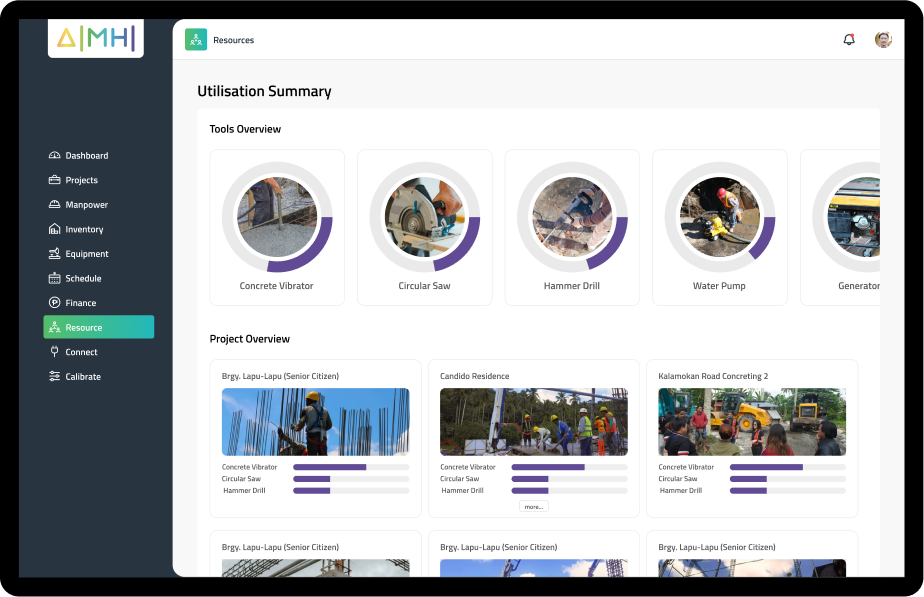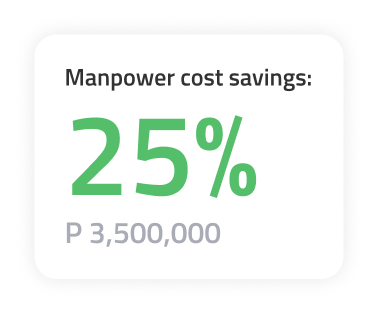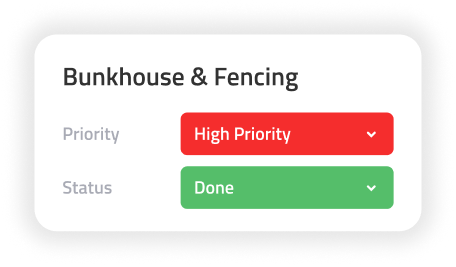Leveraging Data Analytics for Informed Decision-Making in Construction
In the ever-evolving construction industry, builders are increasingly leveraging data-driven insights to make informed decisions and drive project success. The integration of advanced construction management software and data analytics has revolutionized the way builders approach various aspects of their projects. With the use of technology, a construction management software allows you to explore how these data-driven insights can empower builders to make informed decisions that create a huge impact in various areas.
Strategic decision-making empowers builders to optimize resources, mitigate risks, manage stakeholders, control costs, adapt to change, and foster long-term business growth. By taking a proactive and informed approach to decision-making, builders can drive project success and enhance their reputation in the construction industry.
For several reasons, strategic decision-making is crucial for builders in construction management, mainly in the following areas:
1. Project Success: Strategic decisions help ensure the overall success of construction projects. By taking a proactive and forward-thinking approach, builders can align their decisions with the project’s goals and objectives, leading to better outcomes in terms of quality, cost-effectiveness, and timely completion.
2. Resource Optimization: Various resources are needed in every construction project such as labor, materials, equipment, and finances. Strategic decision-making allows builders to optimize the allocation of these resources. By analyzing project requirements, identifying potential bottlenecks, and making informed choices, builders can maximize resource utilization and minimize wastage.
3. Risk Mitigation: Inherently complex, construction involves numerous risks and uncertainties. Strategic decision-making enables builders to assess and mitigate risks effectively. By analyzing potential risks, developing contingency plans, and making informed choices, builders can minimize project disruptions, delays, and costly errors.
4. Stakeholder Management: The construction industry involves multiple stakeholders, including clients, architects, engineers, subcontractors, and regulatory bodies. Strategic decision-making allows builders to effectively manage these stakeholders’ expectations and needs. By considering their requirements and maintaining open lines of communication, builders can foster positive relationships and enhance project collaboration.
5. Cost Control: Among the main challenges faced in construction are budget constraints, and cost control is critical for profitability. Strategic decision-making helps builders optimize project costs at every stage. By carefully evaluating options, negotiating contracts, seeking cost-effective alternatives, and implementing efficient construction practices, builders can keep project expenses within budget limits.
6. Adaptability to Change: Every project in construction is subject to evolving circumstances, such as design modifications, unforeseen challenges, or
changes in regulations. By making strategic decisions, builders are equipped with the ability to adapt and respond to these changes effectively. By analyzing the impact of changes, evaluating alternative approaches, and making informed choices, builders can navigate uncertainties and keep the project on track.
7. Long-Term Business Growth: Strategic decision-making in construction management goes beyond individual projects. It involves considering the long-term growth and sustainability of the construction business. By making decisions that align with the company’s vision, values, and market trends, builders can position their business for continued success and expansion.

Ready to boost the profit of your construction business by 5-10%?
Moreover, construction management software can empower builders in making strategic decisions by providing them with valuable information, streamlined processes, and analytical tools. Here are several ways in which it can be beneficial:
1. Data Centralization: Having construction management software allows builders to centralize project data, including financial information, schedules, contracts, and documents. By having all the relevant information in one place, builders can access real-time data and make informed decisions based on accurate and up-to-date information.
2. Enhanced Communication and Collaboration: Some construction management software often includes communication and collaboration tools that facilitate seamless communication among team members, subcontractors, and stakeholders. This improves coordination, reduces miscommunication, and enables builders to make decisions based on input from various parties involved in the project.
3. Project Tracking and Monitoring: To track and monitor project progress, a construction management software provides builders with tools in real-time. Builders can monitor key performance indicators, track milestones, and identify potential bottlenecks or delays. This information enables them to make proactive decisions to keep the project on schedule and address any issues promptly.
4. Cost Estimation and Control: Cost estimation, budgeting, and financial tracking are key features of some construction management software which allow builders to input project costs, track expenses, compare actual costs against budgets, and generate accurate financial reports. This enables them to make informed decisions regarding cost control, resource allocation, and budget adjustments.
5. Risk Assessment and Management: A construction management software offers features for risk assessment and management. Builders can identify potential risks, assess their impact, and develop risk mitigation strategies. This empowers them to make decisions that proactively address and minimize risks, ensuring smoother project execution.
6. Analytics and Reporting: As a high-quality construction management software, most features include robust analytics and reporting capabilities. Builders can generate comprehensive reports on various project aspects, such as progress, costs, productivity, and quality. By analyzing these reports, builders can gain insights into project performance, identify trends, and make data-driven decisions to improve project outcomes.
7. Integration with Other Systems: Other construction management software can integrate with other systems used in the construction process, such as accounting software, scheduling tools, and design software. This integration streamlines data flow and enables builders to make decisions based on a comprehensive view of the project, combining information from various sources.
Overall, using construction management software empowers builders in strategic decision-making by providing them with centralized data, improved communication, real-time project monitoring, accurate cost control, risk assessment tools, analytics, and integration capabilities.
Artificial Intelligence Meets Human Intelligence (AIMHI) is just one among others that helps empower the construction industry by increasing profitability and solving long-term construction issues. Snaring on these features, builders can make strategic decisions that drive project success, improve efficiency, and enhance overall construction management processes.
Book a demo to learn how AIMHI can increase your profit by 5 to 10 percent for as low as P 1,050.00 per user. Please send an electronic mail to accounts@aimhi.ai for faster transactions and inquiries








